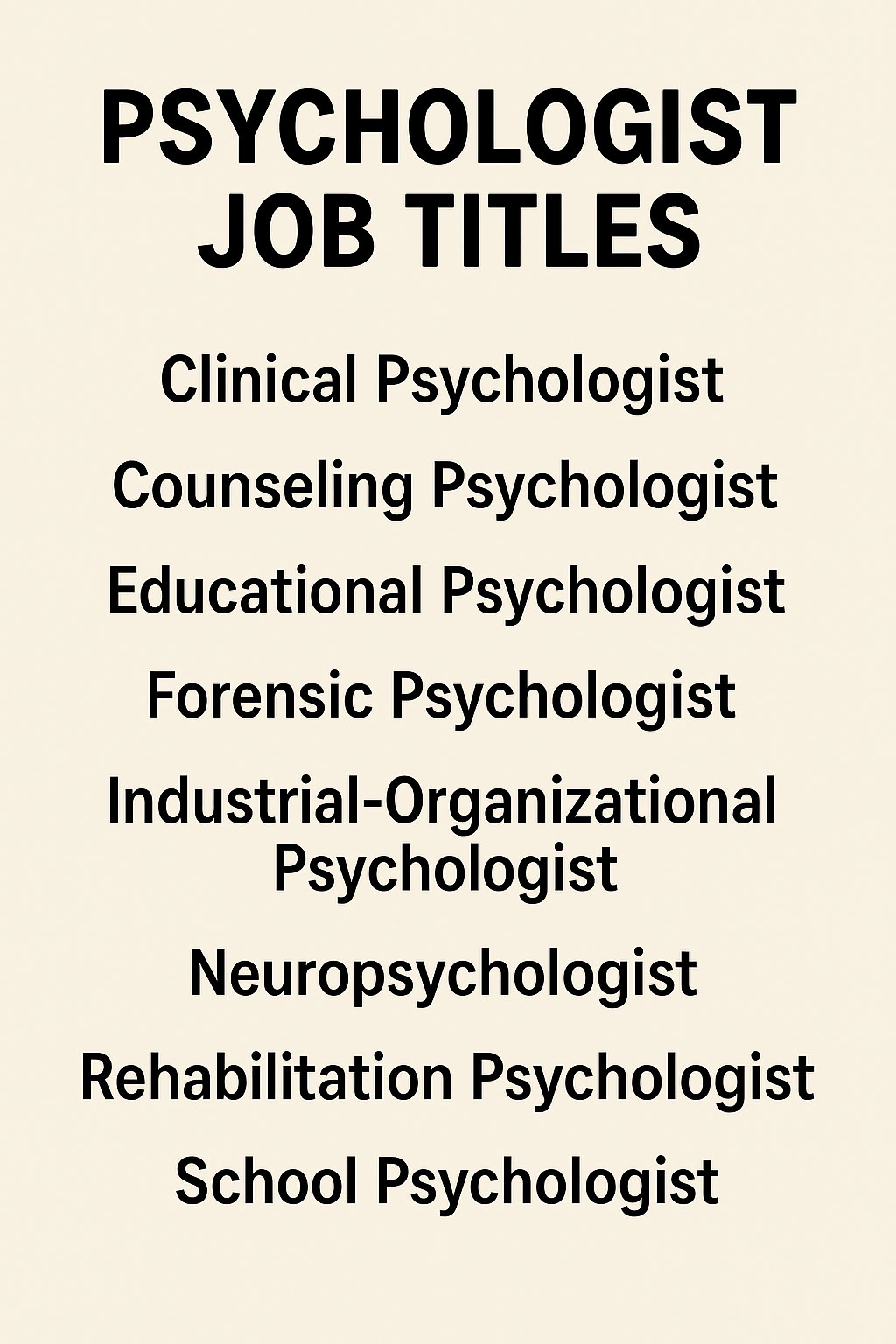Psychologists Demand – Job Opportunities in Canada
Psychologists are trained professionals who assess, diagnose, and treat a wide range of mental health and emotional issues. They play a critical role in improving overall well-being, relationships, and quality of life. They are employed in hospitals, rehabilitation centres, schools, universities, clinics, private research agencies, businesses, community service organizations, government agencies, correctional facilities, mental health facilities, and private practice. Psychologists help individuals manage psychological conditions, cope with life challenges, and improve their overall well-being.

Requirements
- A bachelor’s degree in psychology or a related field.
- A Master’s degree in psychology. While some may work in certain roles with a Master's degree, most practicing psychologists in Canada need a doctoral-level degree, Doctor of Psychology (Psy.D.) or Doctor of Philosophy (Ph.D.) in Psychology.
- Psychologists must complete a supervised internship or practicum.
- Must be licensed or registered with the regulatory body in the province or territory where they practice.
- Many provinces require candidates to pass the Examination for Professional Practice in Psychology (EPPP), a standardized test that assesses knowledge across various psychology domains.
- After completing the required education, many provinces require a period of supervised practice before full licensure.
With education and practice, psychologists might specialize in a certain field.

Main Duties
- Perform assessments to evaluate cognitive, emotional, and behavioral issues. On the basis of assessment, diagnose mental health conditions and develop personalized treatment plans tailored to the client’s needs.
- Provide one-on-one therapy to help clients cope with personal, emotional, and psychological challenges. They may also lead group therapy sessions and family therapy sessions to achieve more effective personal, social, and vocational development and adjustment.
- Collaborate with other healthcare professionals such as psychiatrists, social workers, medical doctors, to provide comprehensive care.
- Use standard psychological tests to assess the patient’s situation and provide appropriate plan and care to cure.
- May consult with schools, businesses, or government agencies to address organizational issues, such as employee well-being, stress management, or educational strategies.
- To create treatment plans, use psychological theory and concepts about behavior and mental processes like learning, language development, memory, and perception.
- Engage in research to advance the field of psychology, contributing to understanding mental health, treatment outcomes, and psychological theory.
Job Titles
- Clinical Psychologist
- Experimental Psychologist
- Psychological Associate
- Psychologist
- Research Psychologist
- Neuropsychologist
- School Psychologist
- Registered Psychologist

Free Immigration & Visa Assessment
Interested to explore immigration to Canada? The very first step in finding out is if you will qualify to apply for immigration. We provide free assessment of your education and work qualification. Click the button to fill up a short assessment form. We will assess your eligibility and will get in touch with you.

